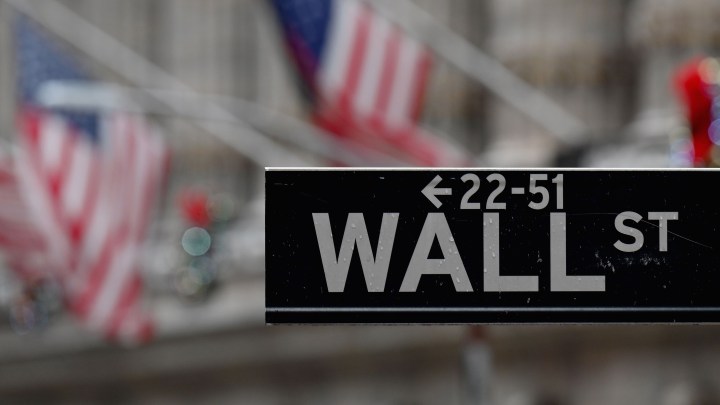
The proposed S&P and IHS Market merger is all about consolidating data services
The proposed S&P and IHS Market merger is all about consolidating data services

S&P Global has agreed to buy IHS Markit in an all-stock deal worth about $44 billion.
The merger combines two of the largest providers of data to Wall Street. So what does this means for traders and the computers they’ve got doing a lot of the work?
Trading on Wall Street these days is different from what it used to be even 15 or 20 years ago.
“It’s my computers fighting against your computers,” said P.K. Jain, professor of finance and artificial intelligence trading at the University of Memphis. He said the task before portfolio managers is often to analyze corporate data coming from different sectors across many time zones.
“And to put together that data historically, from different vendors, it has been a challenge,” Jain said. “So that challenge is less if you have fewer data vendors and those who are providing you with the raw material to process and analyze.”
He said that’s the good news: a more centralized data provider. Daniel Ives, a software and technology analyst at Wedbush Securities, explains there’s also a downside.
“In this increasing technology ecosystem, data has really become the gold for Wall Street,” he said.
Ives said S&P knows this.
“They’re doing it, ultimately, because it’s going to centralize, give them more pricing power and something that they could charge more for,” he said.
Full disclosure: S&P is a Marketplace underwriter.
Ives said this merger means less competition for the data that Wall Street needs, which has some wondering whether federal regulators will allow it.
“I think two large companies should always be interested in explaining to regulators why this is not anti-competitive,” said Michael Goldstein, professor of finance at Babson College. He said there are other players out there.
“They have a big competitor and Bloomberg, right? So it’s not like they don’t have other competitors for them,” he said. “They all provide slightly different services. But I’m sure regulators will look increasingly closely at that.”
Goldstein said S&P and IHS Markit may argue the companies are complementary businesses, so having the services under one roof is good for efficiency.
There’s a lot happening in the world. Through it all, Marketplace is here for you.
You rely on Marketplace to break down the world’s events and tell you how it affects you in a fact-based, approachable way. We rely on your financial support to keep making that possible.
Your donation today powers the independent journalism that you rely on. For just $5/month, you can help sustain Marketplace so we can keep reporting on the things that matter to you.











